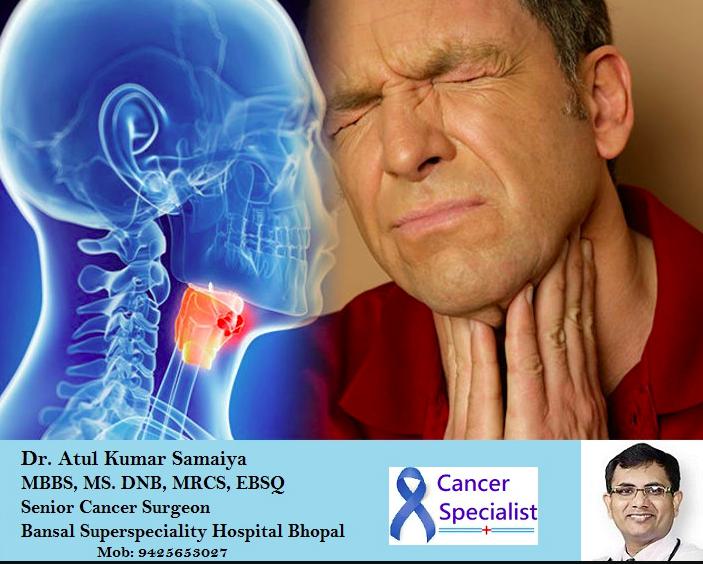When people hear the word cancer, it often brings fear and uncertainty. One of the first questions that comes to mind is: what is a cancer doctor called? Knowing the answer is essential because the right specialist plays a key role in diagnosis, treatment, and ongoing care. Cancer is a complex disease, and patients need the right medical guidance to navigate through their journey.
Understanding who treats cancer can help patients and families feel more confident in their healthcare decisions. Cancer doctors, also known as oncologists, specialize in different aspects of treatment, including surgery, chemotherapy, radiation, and palliative care. By knowing what an oncologist does and the types of specialists available, patients can better understand their options and improve their chances of effective treatment.
Definition and Overview
A cancer doctor is commonly called an oncologist. Oncologists are physicians who specialize in diagnosing, treating, and managing cancer. They coordinate with other healthcare professionals to create personalized treatment plans tailored to each patient’s condition, medical history, and cancer stage.
The field of oncology is broad, covering prevention, diagnosis, therapy, and research. Oncologists also monitor long-term outcomes, manage side effects, and provide emotional support to patients and families.
Types
Cancer doctors can be categorized into several types:
- Medical Oncologist: Specializes in chemotherapy, immunotherapy, and targeted therapy.
- Surgical Oncologist: Performs surgeries to remove tumors and cancerous tissues.
- Radiation Oncologist: Uses high-energy radiation to destroy cancer cells.
- Pediatric Oncologist: Focuses on cancer treatment in children.
- Gynecologic Oncologist: Specializes in cancers of the female reproductive system.
- Hematologist-Oncologist: Deals with blood cancers like leukemia, lymphoma, and myeloma.
Each oncologist plays a specific role, and patients may work with more than one type depending on their treatment plan.
Causes and Risk Factors
Cancer develops when abnormal cells grow uncontrollably. Common causes and risk factors include genetics, lifestyle habits (such as smoking, poor diet, or lack of exercise), environmental exposures (radiation or carcinogenic chemicals), and infections like HPV or hepatitis. While some factors are unavoidable, many can be managed to lower the risk.
Symptoms and Early Warning Signs
Early detection improves outcomes, but symptoms vary depending on cancer type. General warning signs include unexplained weight loss, persistent fatigue, changes in skin or moles, chronic cough, lumps, or abnormal bleeding. Recognizing these symptoms early and consulting an oncologist can make a life-saving difference.
Diagnosis
Oncologists use several diagnostic tools, including blood tests, imaging (CT scans, MRIs, PET scans), and biopsies. Genetic testing is increasingly used to identify mutations and guide personalized treatments. Accurate diagnosis determines the type, stage, and spread of cancer, which is crucial for selecting the best treatment strategy.
Treatment Options
Treatment depends on cancer type and stage. Common options include:
- Surgery to remove tumors.
- Chemotherapy to kill fast-growing cancer cells.
- Radiation Therapy to target localized areas.
- Immunotherapy and Targeted Therapy to boost the body’s defenses or attack specific cancer cells.
- Stem Cell Transplant for certain blood cancers.
Oncologists may combine treatments for better outcomes.
Prevention and Lifestyle Recommendations
Prevention strategies focus on reducing risk factors. Key recommendations include quitting smoking, limiting alcohol, eating a balanced diet rich in fruits and vegetables, exercising regularly, and protecting skin from UV rays. Vaccinations, such as HPV and hepatitis B, also lower the risk of certain cancers.
Prognosis and Survival Rates
Prognosis depends on cancer type, stage, overall health, and response to treatment. Some cancers have high survival rates when detected early, while others remain more aggressive. Oncologists provide patients with honest, individualized survival estimates to help them prepare mentally and physically.
Latest Research and Innovations
Cancer treatment is advancing rapidly. Breakthroughs in precision medicine, CAR-T cell therapy, and artificial intelligence in diagnostics are transforming patient care. Clinical trials continue to explore new drugs, genetic therapies, and early detection methods to improve survival rates and quality of life.
Coping and Support for Patients
Cancer affects not only the body but also the mind and emotions. Support groups, counseling, and patient education programs help patients cope with stress and anxiety. Oncologists often work with psychologists, nutritionists, and social workers to provide holistic care and improve patients’ well-being.
Conclusion
So, what is a cancer doctor called? The answer is an oncologist—a highly trained specialist dedicated to diagnosing, treating, and supporting patients through one of life’s toughest battles. By understanding the types of oncologists, their roles, and the latest innovations, patients and families can feel more informed and empowered to make critical healthcare decisions.
FAQ
1. What is a cancer doctor called?
A cancer doctor is called an oncologist.
2. Are there different types of cancer doctors?
Yes, including medical, surgical, radiation, pediatric, and gynecologic oncologists.
3. Do all cancer patients need chemotherapy?
Not always. Treatment depends on cancer type, stage, and patient health.
4. Can lifestyle changes help prevent cancer?
Yes, healthy habits like diet, exercise, and quitting smoking reduce risks.
5. Should I see an oncologist for a second opinion?
Absolutely. A second opinion can provide more clarity and treatment options.

